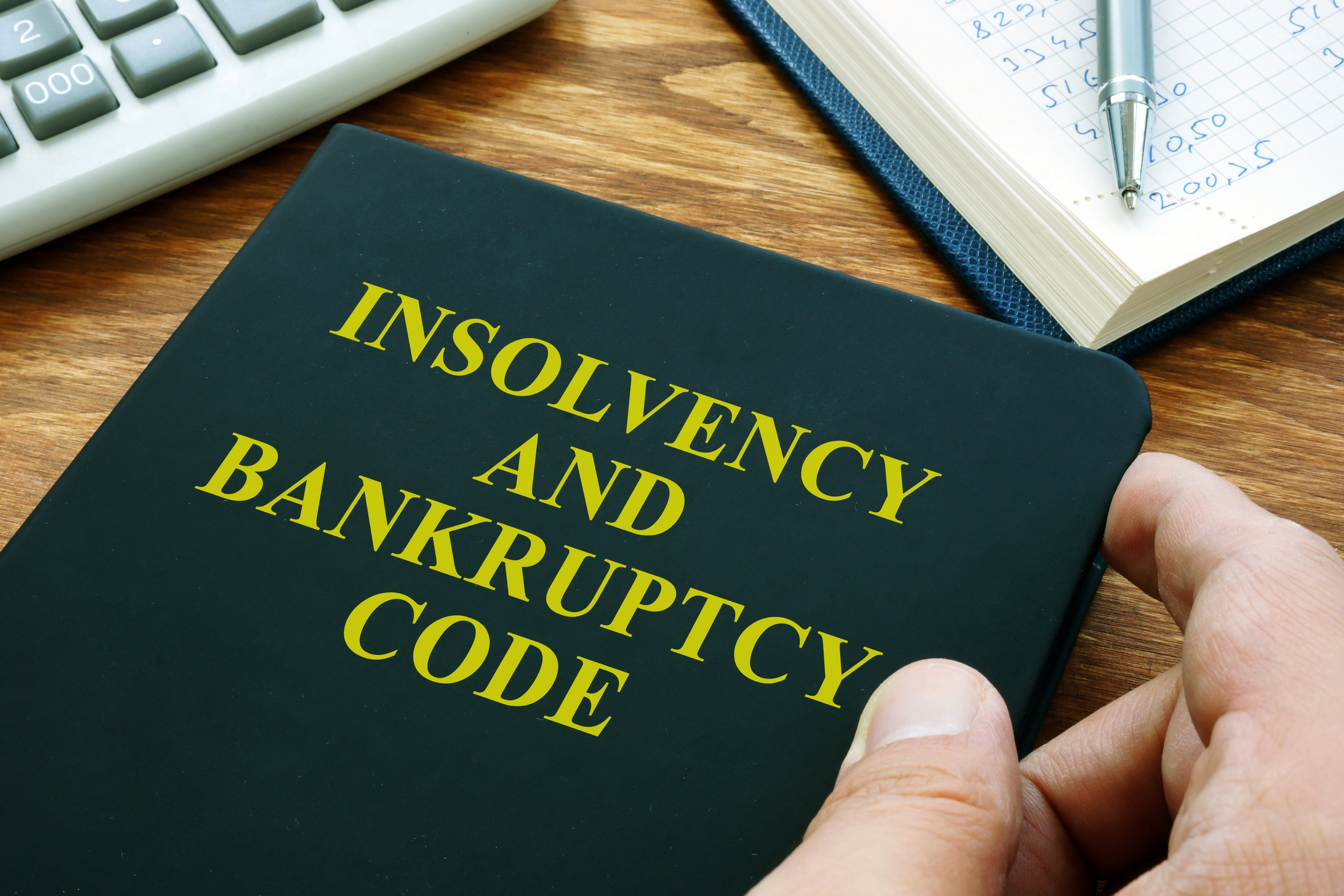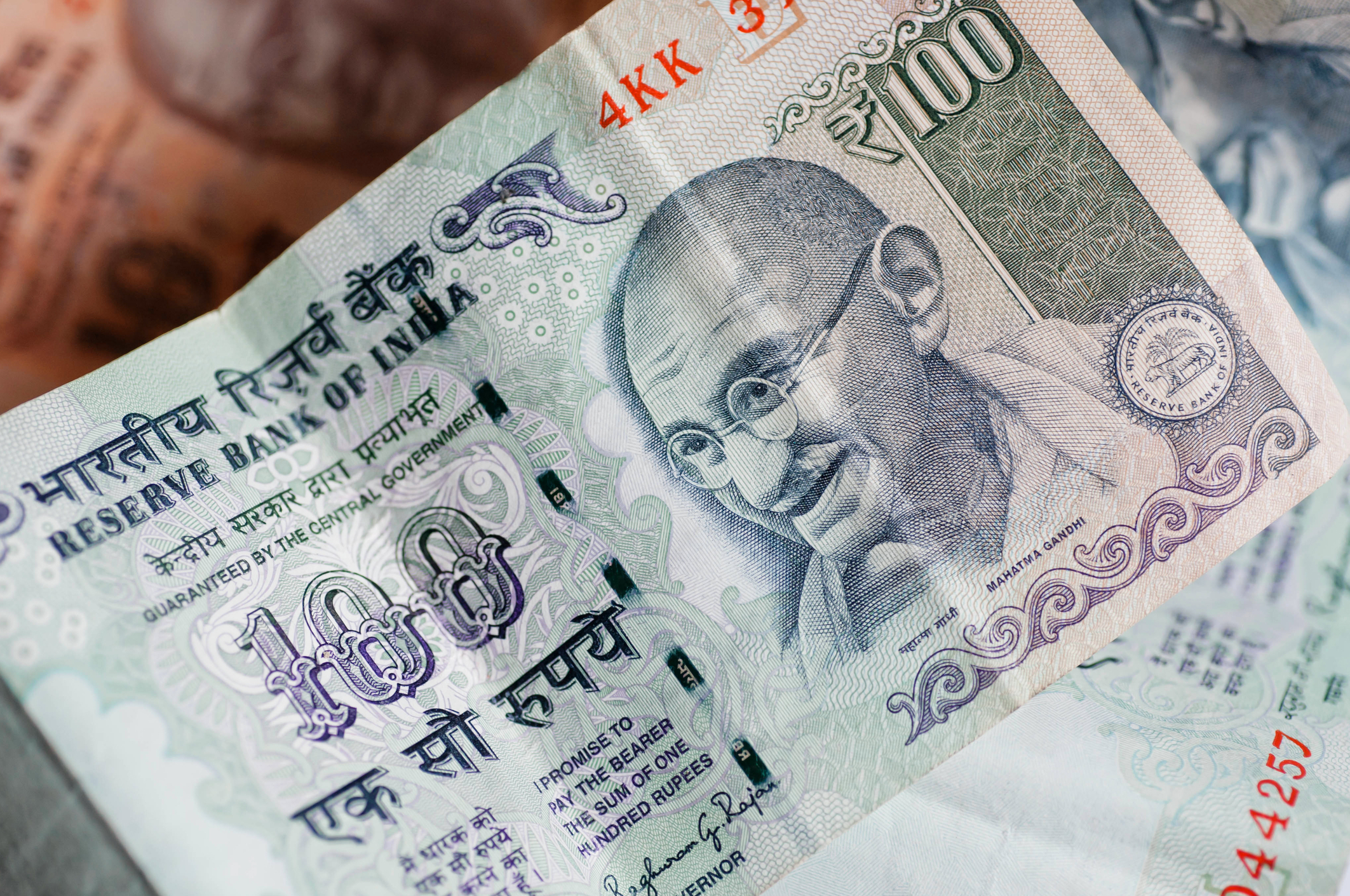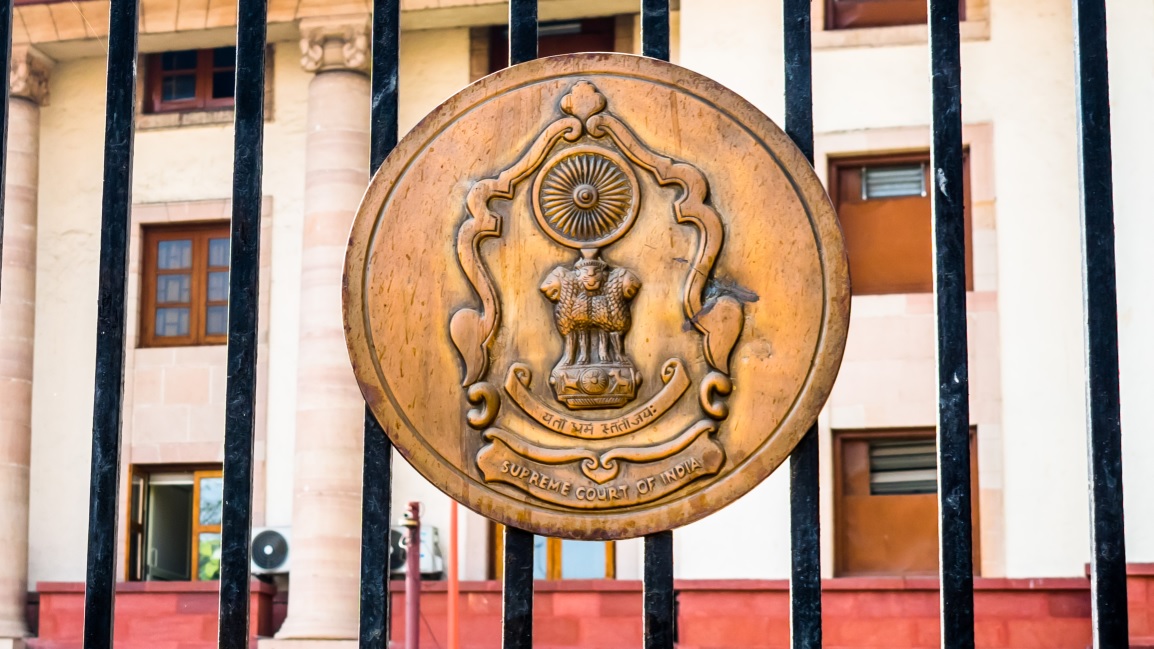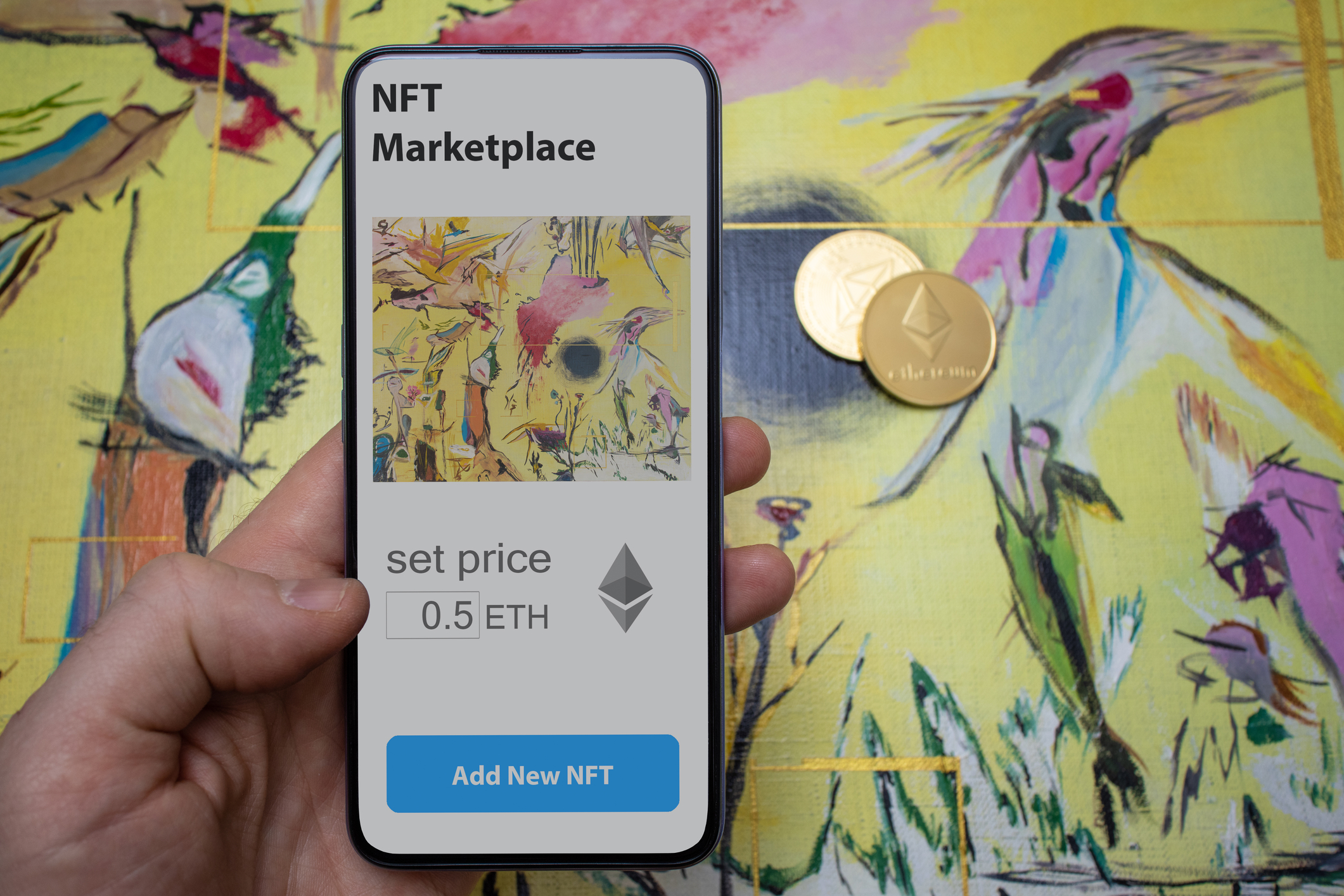Indian parliament approves new Mediation Bill
Last week saw a flurry of activity around the announcement that both houses of the Indian parliament had passed the Mediation Bill.
The text of the bill, as passed by parliament, is not available yet. What is available is the text of the bill as introduced in parliament nearly two years ago in 2021. This text sets out some important proposals on both when and how mediation should be used.









